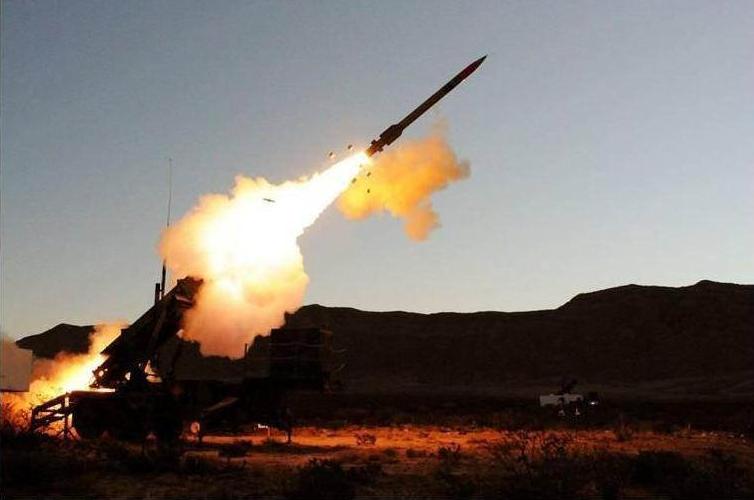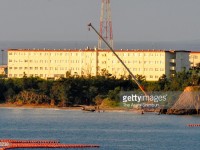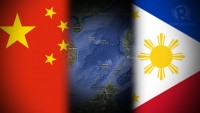
Sophie Grant, Yenching Scholar, Peking University
Feb 28, 2020
A collective identity along the lines of the European Union is an attractive prospect in the era of globalization. But there are significant barriers, including the fact that it would exclude the United States.
Doug Bandow, Senior Fellow, Cato Institute
Sep 06, 2019
China may not have been the start of the China-US trade war, but it is a key factor in finishing it. Beijing must consider serious reform if it wants to repair its ties with the U.S. and preserve its ties with the rest of the globe.
Brahma Chellaney, Professor, Center for Policy Research
Aug 30, 2019
America’s apparent willingness, as part of a deal aimed at forestalling the rise of a new long-range missile threat, to accept a North Korea armed with short- to medium-range missiles is giving Japan the jitters.

Dan Steinbock, Founder, Difference Group
Jun 07, 2018
As the Trump administration seeks to boost arms sales in Asia, the Shangri-La Dialogue is morphing into a marketing arm of Western arms exporters in Asia.

Stephen Harner, Former US State Department Official
Nov 30, 2015
In Tokyo, the Abe government is creating a new base in which the use of any U.S. air, sea, or ground forces will be unrestricted. Part of the Obama administration’s aim to maintain unchallengeable American military supremacy in East Asia, the construction of this base is already increasing tension throughout the region.
Feng Zhaokui, Honorary Academician, Chinese Academy of Social Sciences
Nov 06, 2015
Because of both past history and the extreme potential danger posed by the weapons themselves, people have reason to demand that Japan show an honest and responsible attitude, and to take action to dispel concerns of the international community about its nuclear intentions.
Chen Jimin, Guest Researcher, Center for Peace and Development Studies, China Association for International Friendly Contact
Aug 25, 2015
Only when people with vision in Japan take positive actions, and the entire international community successfully urge Japan to adopt a correct reading of history, will Japan’s relations with its East Asian neighbors be able to move forward into an era of mutual trust and respect.

Lucio Blanco Pitlo III, President of Philippine Association for Chinese Studies, and Research Fellow at Asia-Pacific Pathways to Progress Foundation
Jul 20, 2015
The upcoming 2016 Philippine Presidential election will have significant bearing on the future of infrastructure development and relations in the South China Sea. The next Philippines president may push closer to the U.S., while some want greater economic and humanitarian aid from China.

Jeffrey A. Bader, John C. Whitehead Senior Fellow, Brookings Institution
Jul 10, 2015
East Asia has avoided major military conflicts since the 1970’s. It is owing to the maturity and good sense of most of the states of the region, their emphasis on economic growth over settling scores, and the American alliances and security presence that have deterred military action and provided comfort to most peoples and states. But above all else, it is due to the reconciliation of the Asia-Pacific’s major powers, the United States and China.
May 13, 2015
Interactions among China, Japan and the United States have gone far beyond the constraints of political stereotypes. The flow of capital, material, technology and people has brought the countries ever closer together. Embracing common interests, not “balancing power”, is the key to peace and prosperity for all three.
Back to Top

- China-US Focus builds trust and understanding between the U.S. and China through open dialogue among thought leaders.
- Our Offerings
- Topics
- Videos
- Podcasts
- Columnists
- Research Reports
- Focus Digest
- Stay Connected
-
Thanks for signing up!
- Get the latest stories from China-US Focus weekly.